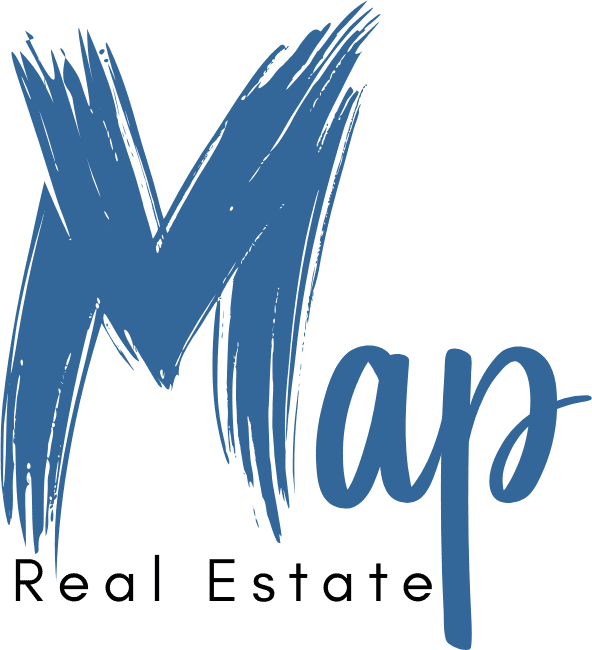
The market of real estate in Dubai has developed significantly and it has made the most remarkable progress during the past ten years. MAP Real Estate, a leading real estate company in Dubai felt the need to educate customers on the major differences between leasing and buying a property. This in turn enables our clients to make appropriate decisions that are in line with their short and long-term goals.
The purpose of this blog is to act as a basic guide to property leasing and buying in Dubai. We distinguish the cost estimate in the acquisition of the software and in subsequent stages of its functioning. We also determine how each option prioritizes commitment and flexibility as an element of the deal. Our attitude towards the choice of approach is to help readers make an informed decision and select the option most appropriate for their circumstances and resources.
1: Definitions
1.1 Leasing Property:
Leasing of property is the process of leasing or renting out office or residential space for some time. The average contract duration of tenancy in Dubai is between one and three years. The tenant pays a monthly rent and a refundable security deposit at the beginning of the lease period. They also include one-off costs such as agency commissions and connection charges to utility companies. In contrast, with owning activities, tenants are not charged with major repairs and capital costs.
1.2 Buying Property:
Property buying entails either outright purchasing ownership or taking a lease to benefit from a unit. There are two main types of property ownership in Dubai, freehold where one owns the property outright, and leasehold where one has renewing rights to the property for 99 years. Purchasers pay cash for the property and get the title deed after the property is exchanged for cash. Other costs that they also attract in the long run are registration fees, mortgage processing fees, property tax, service fees, maintenance costs, and more.
2: Financial Considerations
2.1 Initial Costs:
Leasing has provisions whereby the aggregator pays the security deposit equivalent to two or three months’ rent, the first month’s rent, and agency fees on contracting. Purchasing involves initial costs such as down payments of 20-30% over the price of the property, a 4% fee to the Dubai Land Department as well as mortgage charges.
2.2 Ongoing Expenses:
In the monthly expenses of the units that are leased, the regular ones are rent and utility bills. Fiscal obligations fee mortgage installments, yearly service charges, property taxes, homeowners’ association fees, and maintenance bills. By so doing, it is cheaper over the longer term to buy.
2.3 Return on Investment (ROI):
Leasing translates to little income generation, it is majorly like providing rooms for hire. Purchasing implies an appreciation of property prices over decades so that at the time of sale or even leasing the accruing benefits produce sizeable ROI. Nonetheless, market factors are capable of either increasing or reducing the returns.
3: Flexibility and Commitment:
3.1 Lease Duration:
One strong advantage of leasing is that it is comparatively short, and usually lasts one to three years. This provides greater mobility in relocation ideal for expatriates with an unpredictable working schedule. Purchasing demands strategic thinking on how he or she will repay a mortgage among other expenditures.
3.2 Market Fluidity:
Tenants are also free to relocate to areas experiencing development in infrastructure or employment opportunities. Homeowners have to make financial provisions for the longer time it takes for them to find a buyer in the event they need to sell their home. They still are linked with the price level at the time of the sale.
4: Legal Considerations
The tenants hire the property based on a contract known as a lease agreement with the landlord. The following represents the rights of all the parties to this contract. For example, the period of the lease, the amount of the rent to be paid, and the conditions of the termination of the lease agreement. Tenants have to report any rentals which have a term of over four years with the Land Department. This provides tenants with further legal rights in furtherance of the provisions of this Act in the case of a legal dispute.
It is normally one year long; however, it may be extended depending on the agreements made between the lessor and the lessees. Tenants’ tenancy agreements are renewable by Experience extension unless they fail to give an adequate 30-day notice of intent to move out. This will mean that landlords can decline to renew the lease where tenants are in breach of the terms of the lease.
4.1 Lease Agreements
The tenants hire the property based on a contract known as a lease agreement with the landlord. The following represents the rights of all the parties to this contract. For example, the period of the lease, the amount of the rent to be paid, and the conditions of the termination of the lease agreement. Tenants have to report any rentals which have a term of over four years with the Land Department. This provides tenants with further legal rights in furtherance of the provisions of this Act in the case of a legal dispute.
It is normally one year long; however, it may be extended depending on the agreements made between the lessor and the lessees. Tenants’ tenancy agreements are renewable by Experience extension unless they fail to give an adequate 30-day notice of intent to move out. This will mean that landlords can decline to renew the lease where tenants are in breach of the terms of the lease.
4.2 Property Ownership
The tenants hire the property based on a contract known as a lease agreement with the landlord. The following represents the rights of all the parties to this contract. For example, the period of the lease, the amount of the rent to be paid, and the conditions of the termination of the lease agreement. Tenants have to report any rentals which have a term of over four years with the Land Department. This provides tenants with further legal rights in furtherance of the provisions of this Act in the case of a legal dispute.
It is normally one year long; however, it may be extended depending on the agreements made between the lessor and the lessees. Tenants’ tenancy agreements are renewable by Experience extension unless they fail to give an adequate 30-day notice of intent to move out. This will mean that landlords can decline to renew the lease where tenants are in breach of the terms of the lease.
5: Lifestyle and Personal Situations
5.1 Ideal Scenarios for Leasing
In this sector, leasing is most appropriate for clients who have a relatively short-term need for property. Housing in Dubai: Frequent relocation for temporary business workers: The flexibility in renting allows the shifting from place to place. Leasing also suits the half-baked intentions of people planning to move for a new job or start a family.
5.2 Ideal Scenarios for Buying
Tenure is popular among the people as a form of housing since it addresses the long-term occupation by people. Because the owned home is stable, their security based on financial extremes or lifestyle changes will be reduced. It also forms a good investment especially where selling or leasing of the same is a possibility. Thus buying is best suitable for wealth-building investment concepts.
Conclusion:
In brief, leasing out property within Dubai highlights the fluid residential way of life, but buying is about tenure. Another important variation involves contracts, registrations, and legal formalities as well as suitability for lifestyles. MAP Real Estate gathers lots of market data has many years of market experience and helps clients make the best decision unique for each specific case. It makes our services ideal for property investment in Dubai as we can create a specific solution tailored to your specific needs. Call us to buy or Lease You can talk to our experts to start the process right away.

